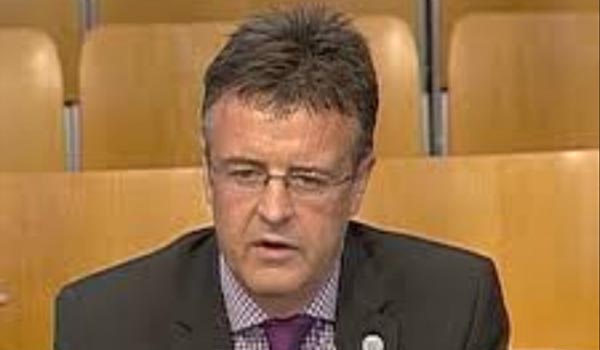HMICS to review silenced board member in SPA inspection
Scottish policings top oversight body has been drawn into a resignation dispute over the alleged openness of the Scottish Police Authority (SPA).
Scottish policings top oversight body has been drawn into a resignation dispute over the alleged openness of the Scottish Police Authority (SPA).
Her Majestys Inspectorate of Constabulary in Scotland (HMICS) is to examine board member Moi Alis decision to stand down from the SPA after claiming she had been silenced.
Chief Inspector of Constabulary Derek Penman has agreed to consider any relevant concerns that have been raised as part of the planned HMICS inspection of the SPA.
The row comes as a new SPA governance framework states that committees should be held in private, and papers for public session should only be available on the morning of the meeting.
At the December meeting of the SPA, Ms Ali criticised the two proposals and asked for her opposition to be made clear in an official minute.
Days later SPA chair Andrew Flanagan reportedly sent Ms Ali a letter expressing dismay about her public criticism of the recommendations.
He wrote that individual board members who shared public disagreements would normally consider resigning. Mr Flanagan also said that, given her opposition to private meetings, it would not be fair for her to participate on the SPA committees. Ms Ali then quit.
She said last week: I felt I had to do it because there is a really important principle at stake, and that principle is that I believe board members have a duty to provide challenge in a public forum.
If dissent is only allowed privately, then I think decision making becomes shrouded in a kind of fog.
It was made very clear to me that public dissent would not be accepted.
Mr Penman added: Publicly-appointed board members must have the confidence to offer their opinions freely and it should be the responsibility of chairs to create a positive culture within boards that encourage healthy debate and diversity of thinking.
While boards should function effectively and be cohesive, there needs to be a shared understanding amongst members of what constitutes collective responsibility, confidentiality and dissent. Where disagreements arise, then these should be resolved using the appropriate guidance and follow due process.
It is important for public confidence that the scrutiny of policing is not only effective, but seen to be effective and that constructive challenge and differences in views amongst members can be discussed openly. Otherwise, public meetings may appear to lack rigour.
Ms Ali said she welcomed Mr Penmans involvement, adding: He will bring an objective perspective and I have confidence he will be able to work with the SPA on governance.
Scottish Conservative justice spokesperson Douglas Ross said: So many issues have been raised about how the SPA conduct their meetings since Andrew Flannagan undertook his governance review.
HMICS previously highlighted concerns and the First Minister said in Parliament that meetings must be more transparent but still the chair seems to ignore these warnings.
There are huge issues facing the SPA and Police Scotland and the public should have faith in the way the SPA is conducting its vital scrutiny role, at present that confidence is lacking.
A SPA spokesperson said: “HMICS is fully aware of the circumstances of Ms Ali`s resignation and to date has raised no issues with the chair of the SPA in relation to them.”


